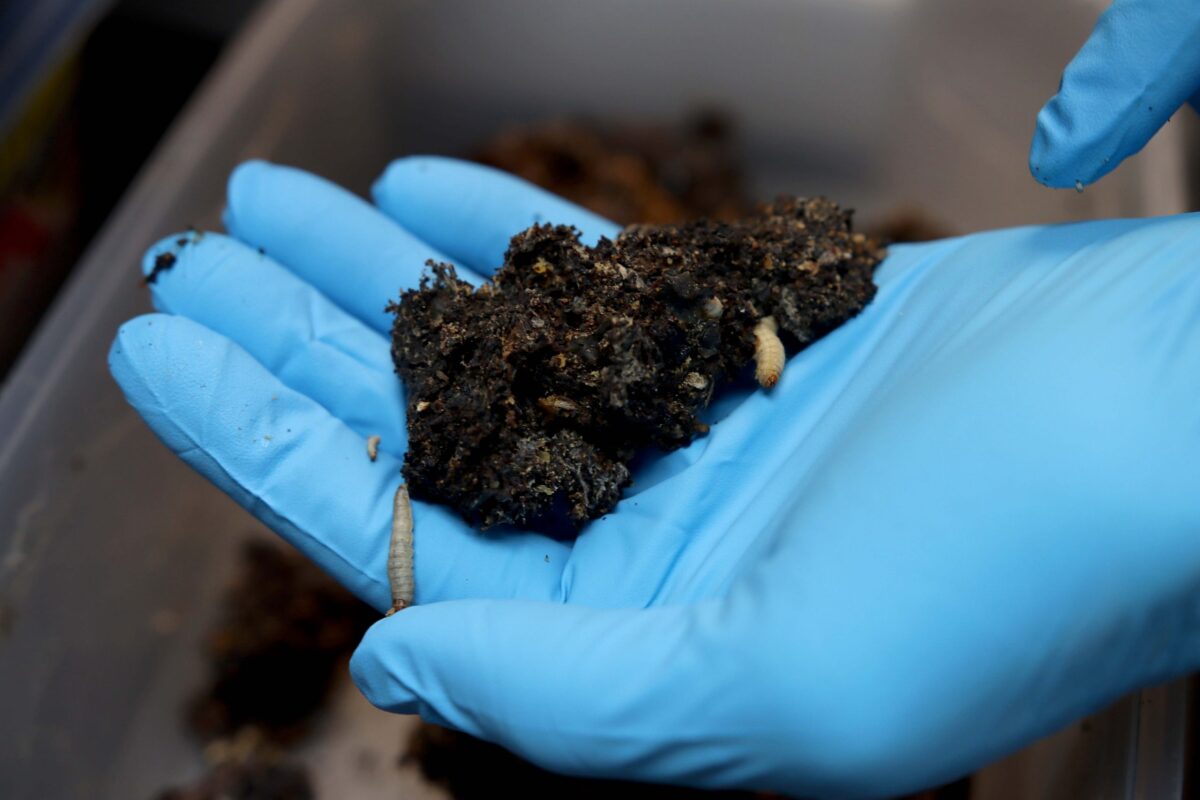The hungry gut bacteria that enable waxworms to live on plastic waste
Date: 4.3.2020
Plastic pollution is a monumental issue and one that isn’t going away anytime soon, but researchers are opening up new possibilities around how we could chip away at the problem.¨
 Scientists working in this area at Canada’s Brandon University have made an exciting discovery, zeroing in on the mechanisms that enable a common species of caterpillar to survive on a diet of plastic alone.
Scientists working in this area at Canada’s Brandon University have made an exciting discovery, zeroing in on the mechanisms that enable a common species of caterpillar to survive on a diet of plastic alone.
Waxworms, caterpillar larvae of the wax moth and act as destructive parasites in beehives by feeding on the beeswax, much to the disdain of beekeepers. But earlier research has found that these critters also have quite an appetite for plastic, with an ability to chew through it, digest it, and turn it into ethylene glycol, a type of alcohol.
Researchers at Brandon University’s Department of Biology have been investigating the mechanisms underlying this unique behavior. Their work reveals that the plastic-devouring abilities of the waxworm can be tied to a species of gut bacteria, which they managed to isolate and prove actually thrive on a diet of plastics.
In the team’s experiments, the waxworms were able to survive purely on a diet of polyethylene, the type of plastic used in shopping bags, disposable drinking caps, soda bottles and other everyday items. The creatures have such a ravenous appetite for it, that 60 of them were able to devour more than 30 sq cm (4.7 sq in) of a plastic bag in less than a week.























